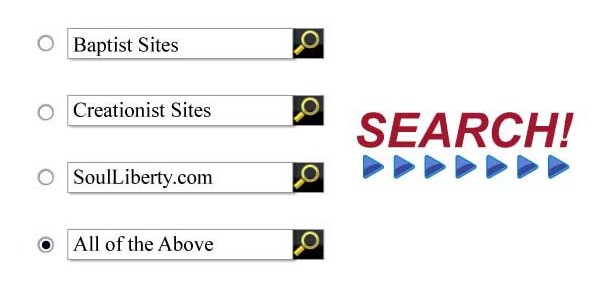I came across a video the other day that does a great job of explaining a concept that I am working implementing in new Bible study tools. Take a look at what Metaweb is doing:
Today’s Bible study tools have the same problem: they primarily use words in order to find relevant content from a library of sources designed to explain some passage or topic. If a user searches for the word “Paul,” a good program would find all verses with Paul’s name in them, some commentaries about his life, maps of his missionary journeys, and maybe show a long list of other included resources. But, what about the verses in which Paul is still named Saul? Would these tools help you easily discover that Paul was once a pharisee, or take you right to the verses in which he’s mentioned in that role, without having to click through some chain of links or menus?
One way to find those verses would be to search a topical index for Paul which would list passages about the man regardless of his name at the time. But, a user would have to go specifically to a topical index instead of a verse search, and even then he won’t find everything. Another problem is that people are often referred to by personal pronouns or as part of a group. So, if you searched for “Thaddeus” you wouldn’t be taken to the verses which reference “the apostles” but don’t list all of them by name.
The same things holds true for places. At dynamicbible.org, I can search for “Bethel,” pick a verse I want to look at, and click that word to see it on a map. But, there are two places with that name and I only want to see the one dealt with in that particular verse. So, you can see how using words alone to search for biblical references won’t return a full set of results or might return irrelevant things.
That’s where I plan to help, except my goal is far more limited in scope than Metaweb. I’ll start with the text of the Bible itself and then begin linking each word to location information, biographical information, or whatever else is relevant to that particular text. Thankfully, a good bit of this data is already available in different formats. If all the words in the Bible could be described as an entity (a person, place, thing, event, etc.) rather than just a string of letters, it would not only ensure that you find all the references to that entity (no matter what word is used to describe it) but also guarantee that you find the right results.
Keep an eye on this blog for more examples of the possibilities behind such a concept. Believe me, this is only the beginning!
